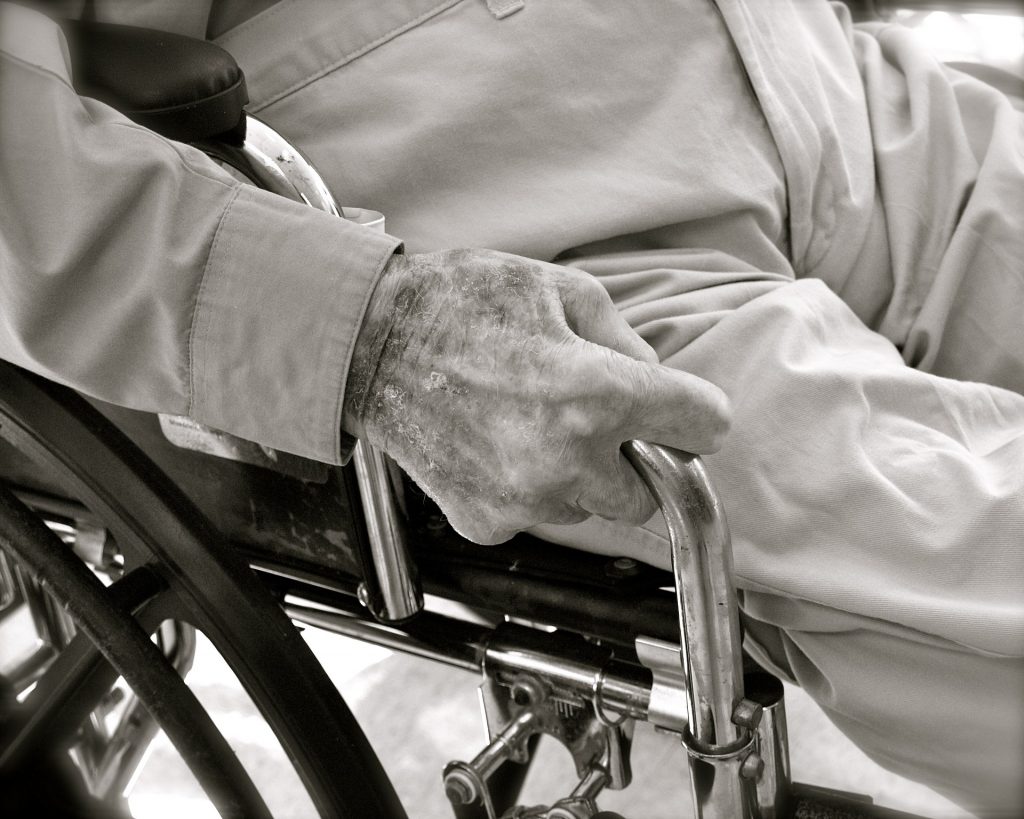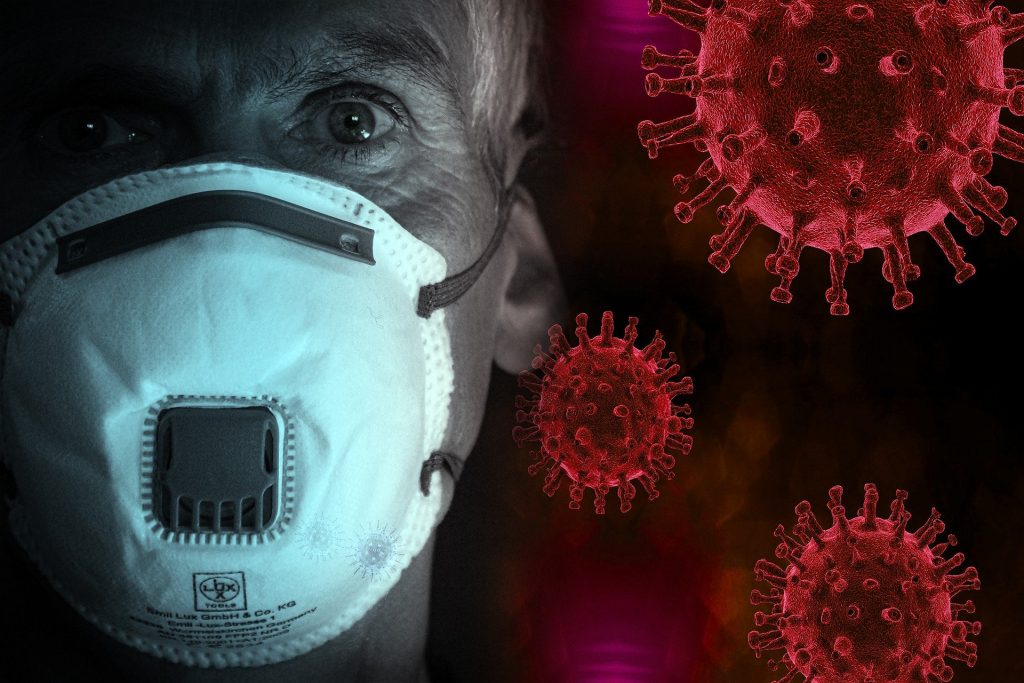 Nursing Home residents require around the clock care and focused one on one attention from skilled nurses and certified nurse assistants. Many nursing homes, however, have severe understaffing problems. These problems are largely the result of nursing home owners putting profits ahead of quality care. Why is a shortage of staff so important? Being short-staffed seriously impacts the quality of care that residents receive. Understaffing is one of the major contributing factors to nursing home abuse and neglect. And it can lead to the spread of infections like COVID-19 among vulnerable residents in nursing homes. Already, at least 400 nursing homes around the country have confirmed cases of COVID-19 and that number will likely increase in the days and weeks ahead.
Nursing Home residents require around the clock care and focused one on one attention from skilled nurses and certified nurse assistants. Many nursing homes, however, have severe understaffing problems. These problems are largely the result of nursing home owners putting profits ahead of quality care. Why is a shortage of staff so important? Being short-staffed seriously impacts the quality of care that residents receive. Understaffing is one of the major contributing factors to nursing home abuse and neglect. And it can lead to the spread of infections like COVID-19 among vulnerable residents in nursing homes. Already, at least 400 nursing homes around the country have confirmed cases of COVID-19 and that number will likely increase in the days and weeks ahead.
Unfortunately, the problem of understaffing is not likely to go away any time soon. With 25% to 30% of nurses in Illinois set to retire in the next five years, the state expects a shortage of 21,000 nurses by 2021. By contrast, nursing homes expect to see significant growth in population. The number of Illinois residents age 85 and older is projected to grow by over 50 percent by 2030. This will worsen an already serious problem.
How Prevalent is Under Staffing?
 Illinois Personal Injury Lawyer Blog
Illinois Personal Injury Lawyer Blog


 During the global COVID-19 pandemic, elderly populations are among the most vulnerable to the virus and its devastating effects. Nursing Homes are especially vulnerable, as elderly or immunocompromised residents are clustered together.
During the global COVID-19 pandemic, elderly populations are among the most vulnerable to the virus and its devastating effects. Nursing Homes are especially vulnerable, as elderly or immunocompromised residents are clustered together. Courts across the State of Illinois have closed due to the COVID-19 pandemic. All civil cases have been continued for several weeks in an effort to enforce social distancing policies and reduce the impact of the virus. Importantly, all civil jury trials have been suspended for March and most of April. So what happens to your case when the Courts are closed and jury trials are suspended?
Courts across the State of Illinois have closed due to the COVID-19 pandemic. All civil cases have been continued for several weeks in an effort to enforce social distancing policies and reduce the impact of the virus. Importantly, all civil jury trials have been suspended for March and most of April. So what happens to your case when the Courts are closed and jury trials are suspended? Today is Sunday, March 29. 125,000 Americans have tested positive for COVID-19. More than 2,200 have died. More than 500 died just yesterday. Infections and deaths are more than doubling every 3 days. 1,000 Americans will die one day this week. Having laid waste to New York, this viral hurricane is hungry for more devastation. The people of Chicago, New Orleans, Detroit, Los Angeles, and Dallas are next in line to suffer the anguish of massive infections, death, and the threatened collapse of their hospital systems. Small town, rural America will not be spared, either, because COVID-19 doesn’t give a damn for state or county lines.
Today is Sunday, March 29. 125,000 Americans have tested positive for COVID-19. More than 2,200 have died. More than 500 died just yesterday. Infections and deaths are more than doubling every 3 days. 1,000 Americans will die one day this week. Having laid waste to New York, this viral hurricane is hungry for more devastation. The people of Chicago, New Orleans, Detroit, Los Angeles, and Dallas are next in line to suffer the anguish of massive infections, death, and the threatened collapse of their hospital systems. Small town, rural America will not be spared, either, because COVID-19 doesn’t give a damn for state or county lines. As I write this, more than 55,000 Americans have tested positive for COVID-19. More than 800 of them have died. More than 200 died yesterday. In many parts of the country, the number of detected infections, and death, are doubling every 3 days. By this weekend, more than 100,000 will have tested positive. Likely more than 1,500 will have died. The rampage of this virus is on a frightening trajectory; we are likely to see days in the month of April where 500 or more, perhaps even 1000, Americans die in a single day.
As I write this, more than 55,000 Americans have tested positive for COVID-19. More than 800 of them have died. More than 200 died yesterday. In many parts of the country, the number of detected infections, and death, are doubling every 3 days. By this weekend, more than 100,000 will have tested positive. Likely more than 1,500 will have died. The rampage of this virus is on a frightening trajectory; we are likely to see days in the month of April where 500 or more, perhaps even 1000, Americans die in a single day. As we now know from the tragic deaths at a Seattle area nursing home, the elderly and patients in nursing and long-term care facilities–especially those with underlying health conditions– are most at risk from the coronavirus. That is why it is so important for your loved one’s nursing home to be extra vigilant at preventing infections during this critical time. All long-term care facilities should be following the special nursing home guidelines from the CDC to prevent the spread of COVID-19 among patients and staff.
As we now know from the tragic deaths at a Seattle area nursing home, the elderly and patients in nursing and long-term care facilities–especially those with underlying health conditions– are most at risk from the coronavirus. That is why it is so important for your loved one’s nursing home to be extra vigilant at preventing infections during this critical time. All long-term care facilities should be following the special nursing home guidelines from the CDC to prevent the spread of COVID-19 among patients and staff.